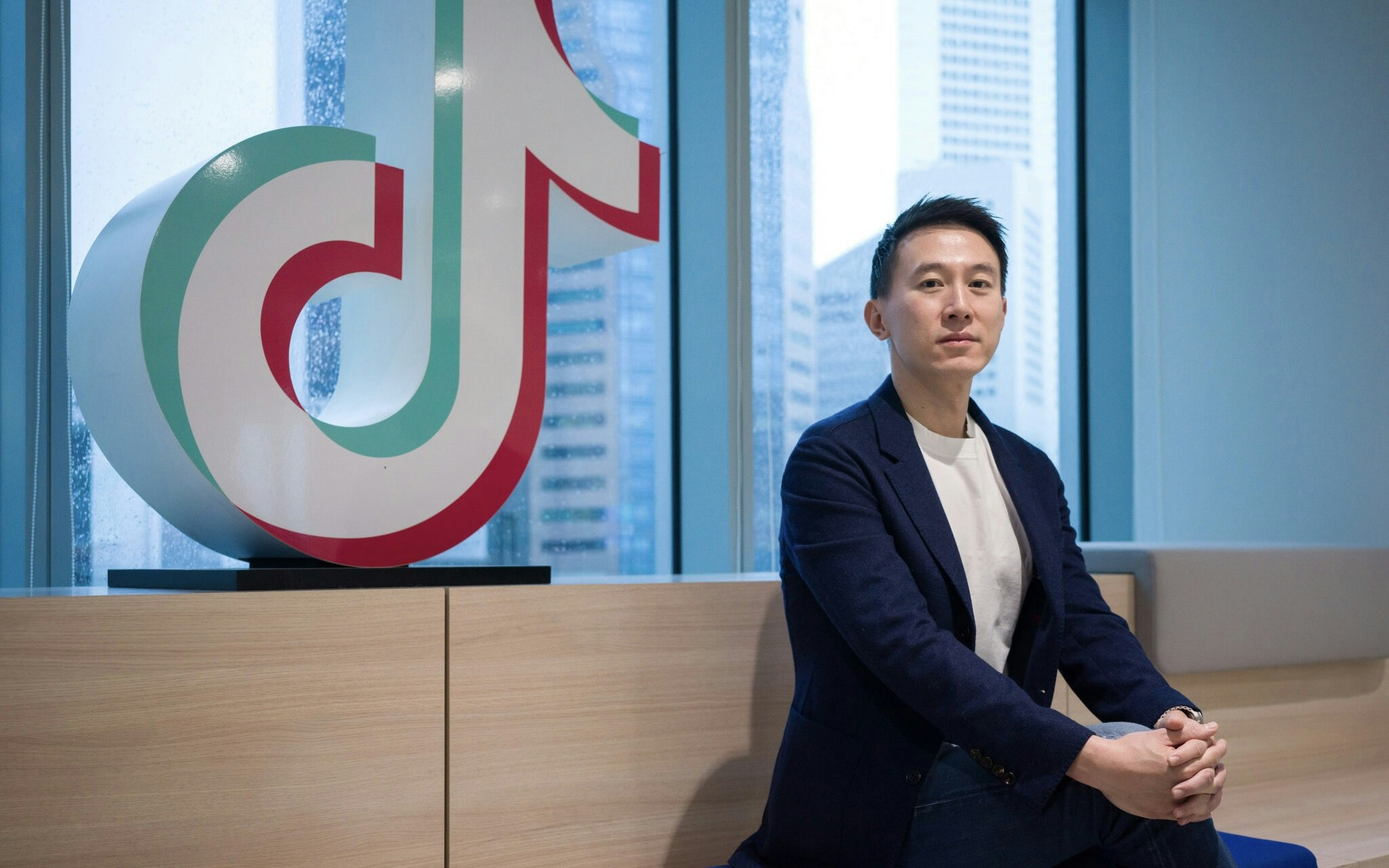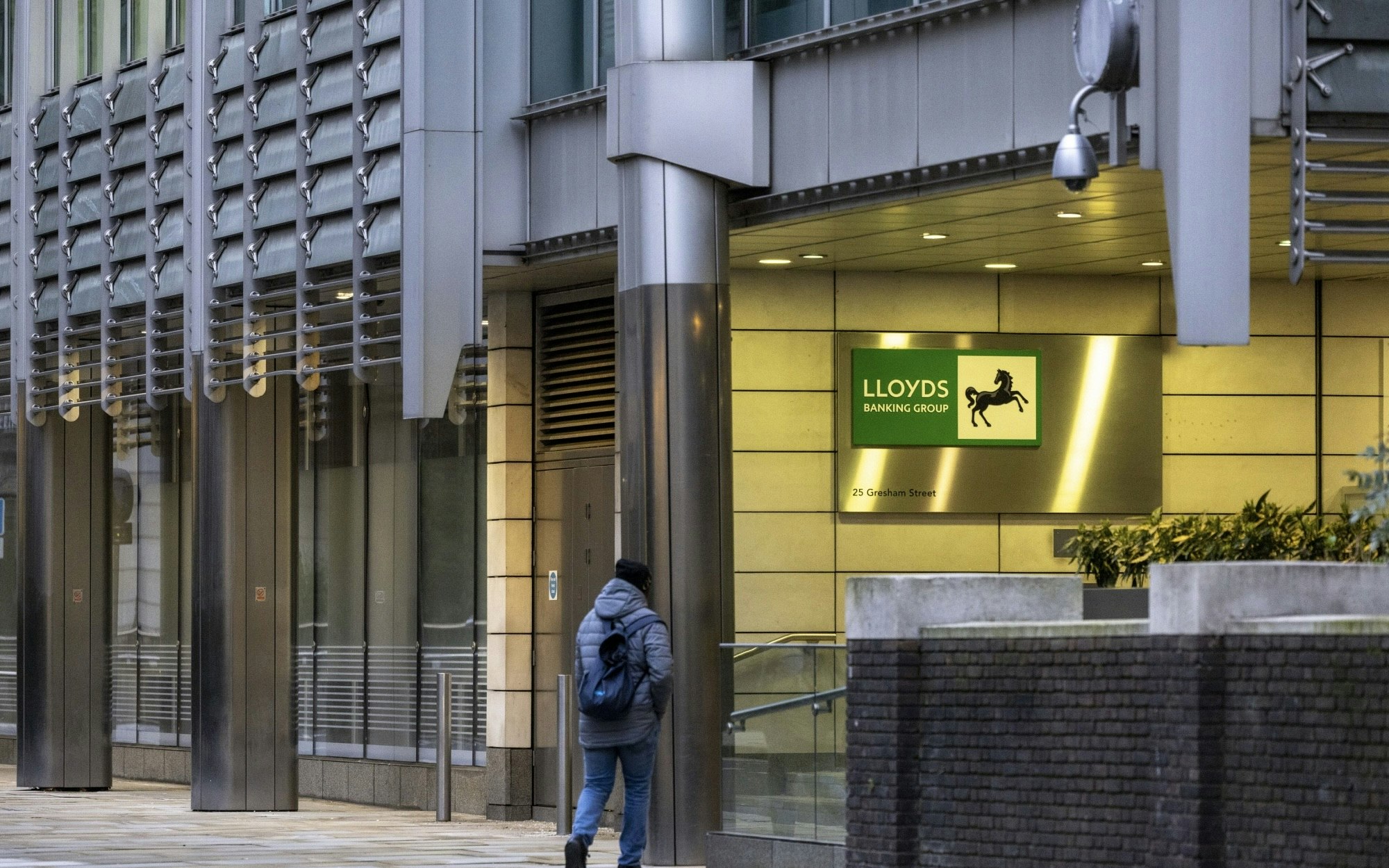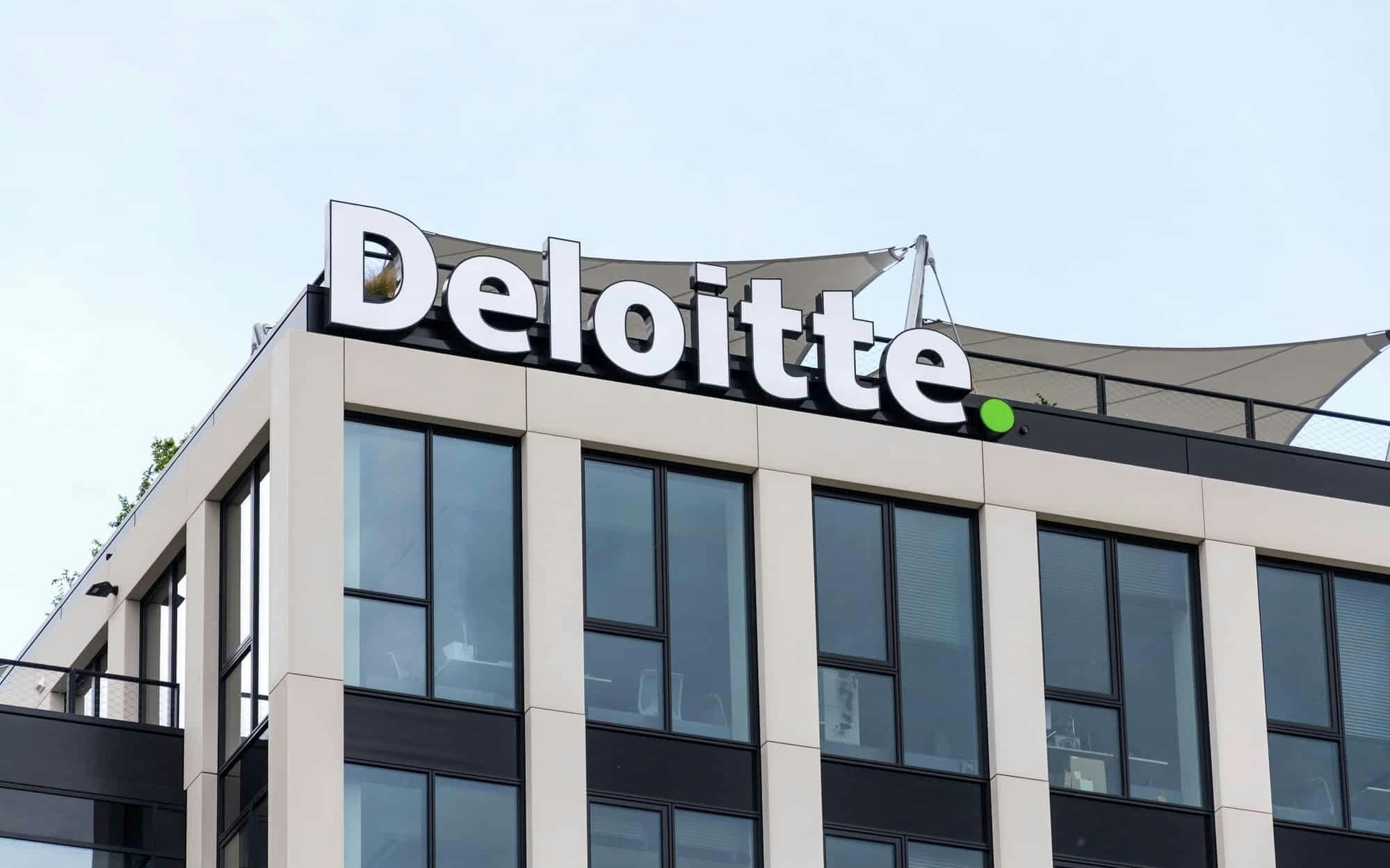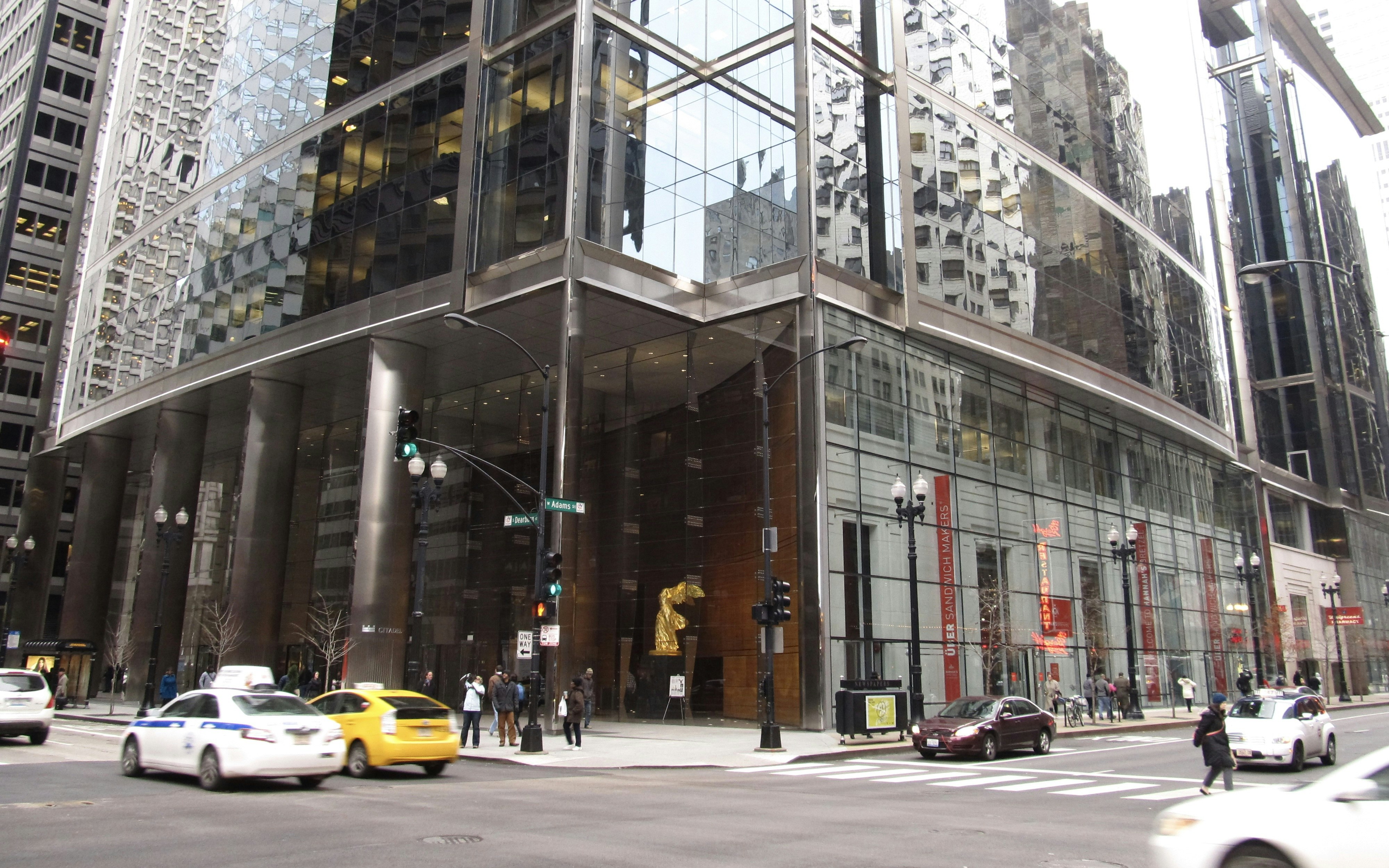Pharma
Pharma deals at a low point - Hope for Trump era
Pharma deals will hit a record low in 2024, but Trump's return could bring new dynamics in 2025.

Merger and acquisition activity in the pharmaceutical industry reached a historic low in 2024. By the end of November, major pharmaceutical companies like Eli Lilly, Novartis, and Vertex Pharmaceuticals completed only 558 deals worth a total of $67.2 billion – the lowest value since 2016, according to data from the London Stock Exchange (LSEG).
The largest biotech deal of the year, Vertex's acquisition of autoimmune specialist Alpine Immune Sciences for $4.9 billion, pales in comparison to Pfizer's $43 billion acquisition of Seagen the previous year. According to LSEG, the total value of completed deals amounts to less than half the level of the previous year.
The restraint of the pharmaceutical industry is due to several factors. Many companies are focusing on digesting the major acquisitions of the previous year, while high valuations of publicly traded biotech companies deter potential buyers. Additionally, according to KPMG, sales losses of 59 billion US dollars threaten by the end of the decade due to the expiration of patents for 190 drugs.
The pharmaceutical companies have addressed their patent issues in 2023 and have become more selective with new deals," explains Andrew Weisenfeld, investment banker at MTS Health Partners. At the same time, many potential target companies are "simply too expensive.
A difficult competitive environment under Lina Khan's Federal Trade Commission and the political uncertainty of an election year also contribute to the reluctance. But Donald Trump's election could bring a turnaround. Zahid Moneer, Managing Director of Healthcare at BNP Paribas, sees "cautious optimism" for a revival of M&A activity: "There is a buzz that we could see a significant increase in transactions starting in January.
This year, many pharmaceutical companies focused on smaller acquisitions ("bolt-ons") under 5 billion USD, mainly of privately held firms. For example, Lundbeck acquired the neuroscience start-up Longboard for up to 2.6 billion USD, while Merck purchased the ophthalmology biotech EyeBio for up to 3 billion USD.
Bolt-ons remain essential to complement internal R&D efforts," says Siddhart Nahata, global head of healthcare investment banking at Morgan Stanley.
The industry expects stronger momentum in the coming year. In particular, the appointment of Robert F. Kennedy Jr. as Secretary of Health under Trump could change the framework for pharmaceutical deals. Despite ongoing uncertainties, the outlook remains optimistic.
The last ten days have been turbulent for the healthcare industry," emphasizes Nahata. "We still have to digest the political developments, but I firmly expect 2025 to be a significantly more active year.






